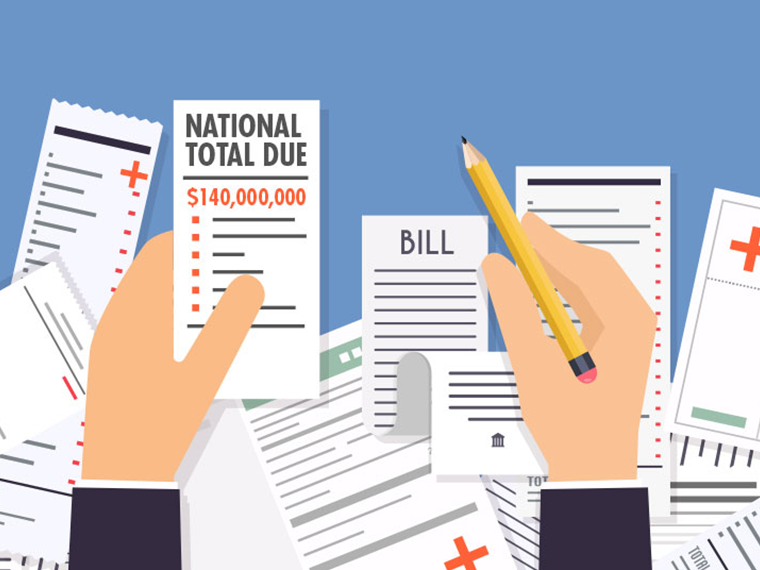Research reveals that those wary of payday loans tend to manage their finances better
Consumers with a heightened sensitivity to the difference between good and bad debt tend to be on (more) solid financial ground.
A debt and credit tab of $12.73 trillion is clear evidence that American households are avid borrowers. What’s less apparent is whether we actively differentiate between types of debt — high cost vs. lower cost — and how the emotional baggage of different types of debt might be predictive of overall financial well-being.
New research from UCLA Anderson’s Adam Eric Greenberg and Hal E. Hershfield and University of Chicago’s Abigail B. Sussman suggests “a unique link between debt type sensitivity and financial wellness.” The warier people are about high-rate debt, the higher their level of financial wellness.
Opt In to the Review Monthly Email Update.
To determine if consumers indeed differentiate between debt types, the team asked study participants to rate specific types of debt for their emotional drag. The debt types ranged from high-rate payday loans to lower-rate mortgages, student loans and car loans. For each debt type participants reported their general level of discomfort, whether they perceived that specific type of debt as financially unwise, their feeling of being judged for using that form of debt, the speed at which the debt should be repaid, and the stigma attached to the given debt type. On a scale of 1 (no big deal) to 7 (very big deal), low-rate debt clocked in with a 3.58 median participant score, suggesting a general indifference to less costly debt. The 4.5 median score for high-rate debt suggests consumers are “differentially sensitive to high-interest and low-interest debt types,” the researchers wrote.
Armed with that insight, the researchers then set out to see if that heightened sensitivity to costly debt might be predictive of general financial well-being. To get at that factor, they asked participants to rank their confidence level (high to low) in their ability to come up with $2,000 within a month to cover an unanticipated expense. Participants who reported a higher aversion to costly debt relative to less-expensive debt did indeed report a greater ability to handle that unexpected expense. The relationship between heightened debt-type sensitivity and financial wellness persisted even when controlling for a series of other potential drivers, including income, age, gender, financial literacy and intertemporal discounting (how we undervalue the future relative to today).
Featured Faculty
-
Hal Hershfield
Professor of Marketing and Behavioral Decision Making
About the Research
Greenberg, E.A., Sussman, A.B., & Hershfield, H.E. (2017). Not all debts are created equal: Sensitivity to debt type predicts financial health.






